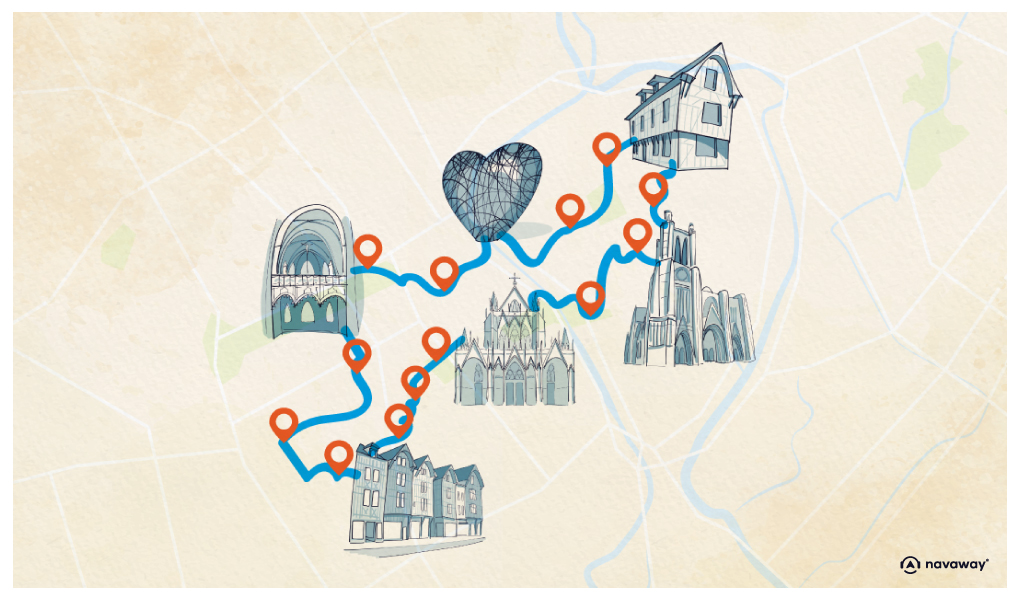
The Wells of Troyes
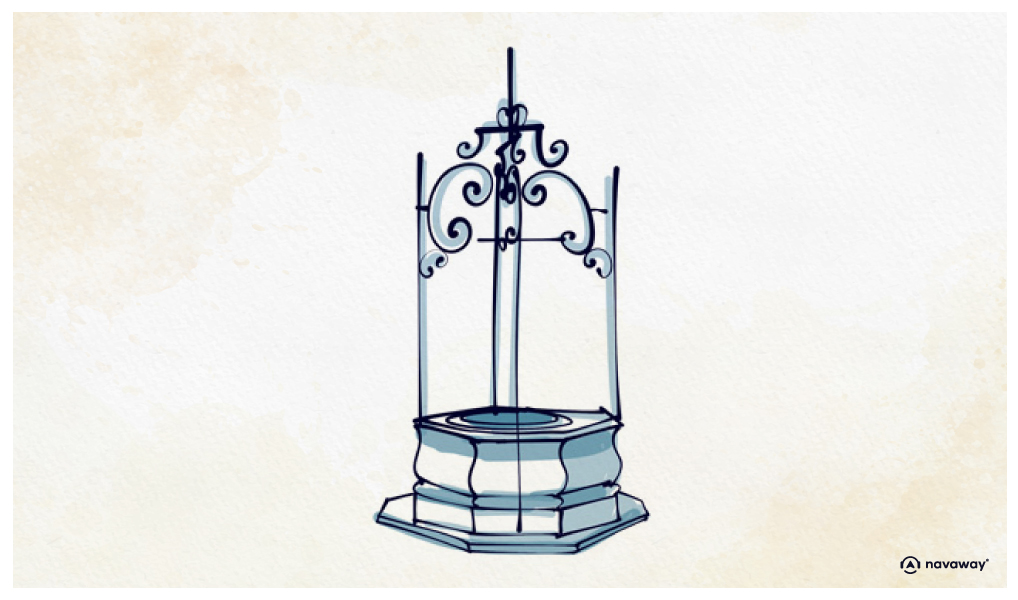
This point of interest is available as audio on the tour: Visit Troyes, Journey Through the Champagne Cork
You’ve probably noticed along the way just how many old wells are scattered throughout the city—beautiful ones, too, with their carved stone wellheads and delicate wrought iron pulleys. That’s no coincidence. The city of Troyes has always had a deep connection to water. This marshy region was already inhabited by nomadic people as far back as 400,000 BC. Later on, in the early centuries of our era, the Romans settled here for the same reason—plenty of water. In medieval times, water became the city’s greatest defense. Built almost entirely from wood and straw, Troyes was extremely vulnerable to fire, and water helped protect it. By the 12th century, water mills appeared, powering the city’s booming tanneries and textile workshops. Then, between the 15th and 19th centuries, the wells we see today began to emerge. Digging a well was an expensive project, so at first, only wealthy families or churches—who needed water for building and fire prevention—could afford them. Later, the city stepped in, digging and maintaining around 70 public wells at great cost. They stayed in use until 1850, when Troyes finally got running water. Most wells were closed or destroyed—but in recent years, the city has worked to bring this hidden part of its heritage back to life, carefully restoring many of these old wells and placing them as close as possible to where they once stood.


Discover Troyes with app
An interactive guide through the most beautiful streets, squares, and districts
25 fun audioguides full of historical facts, anecdotes, and legends
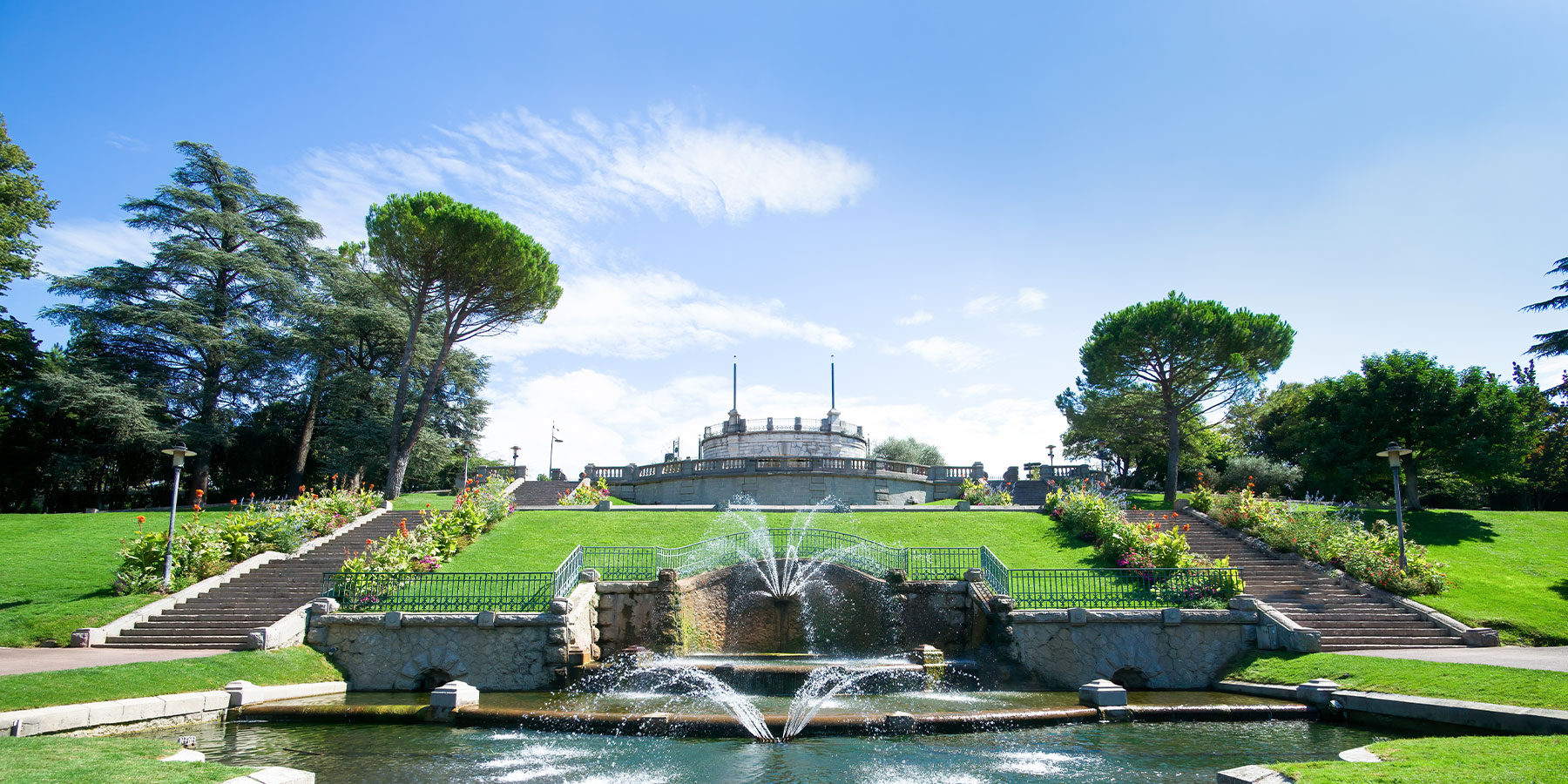
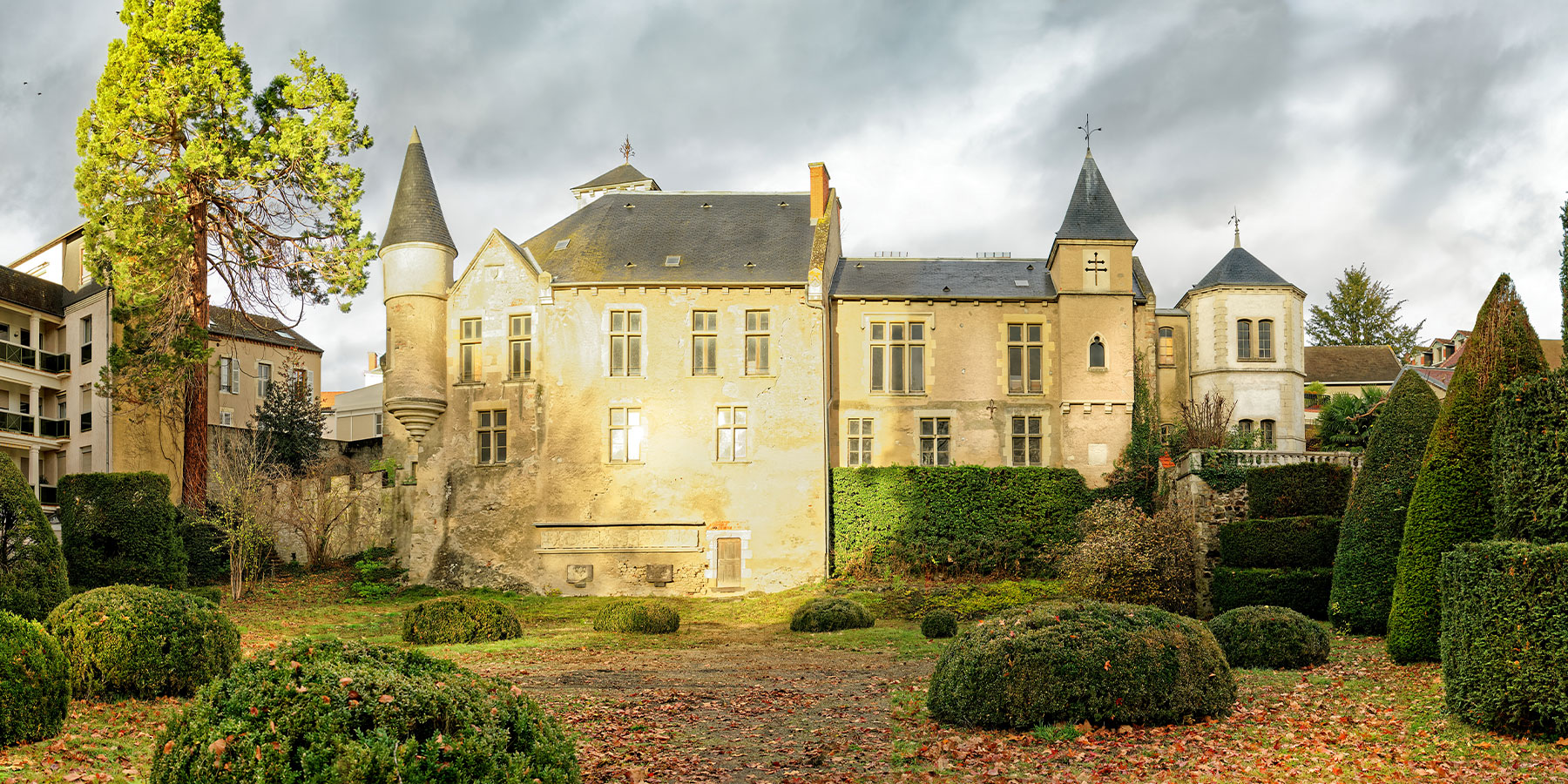
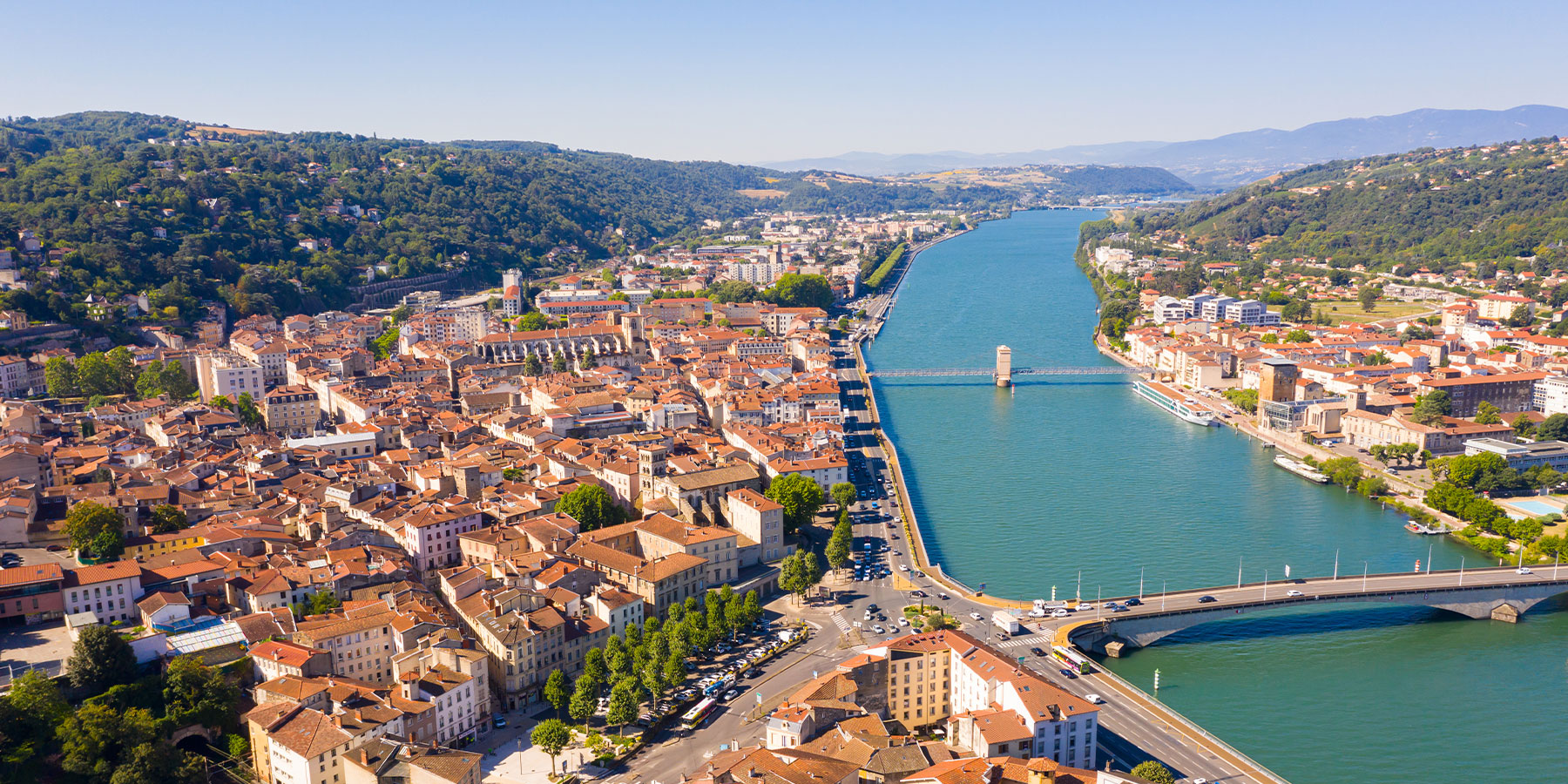


Comments